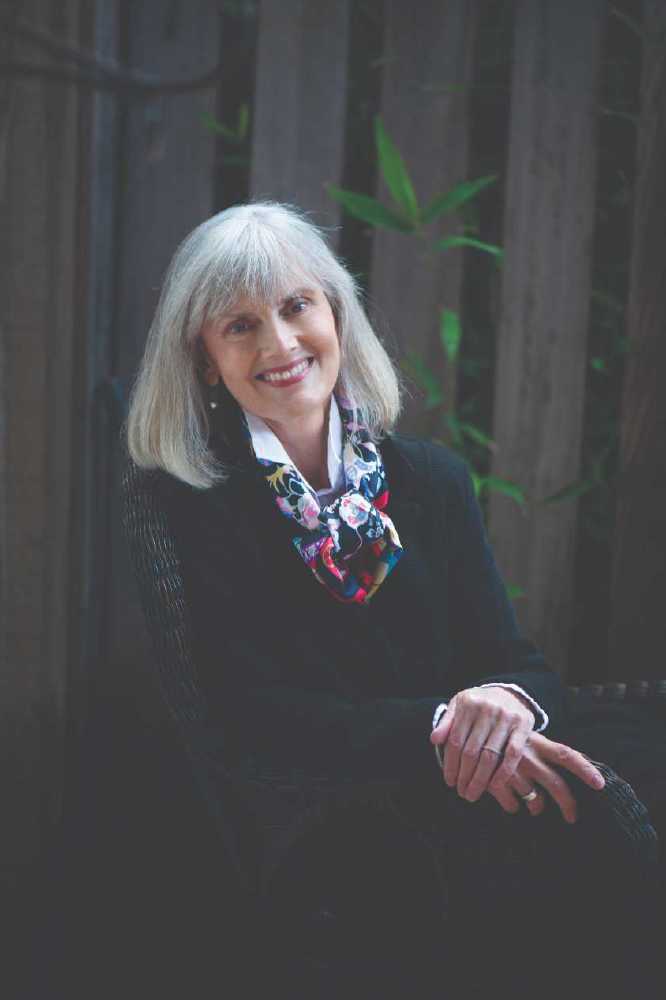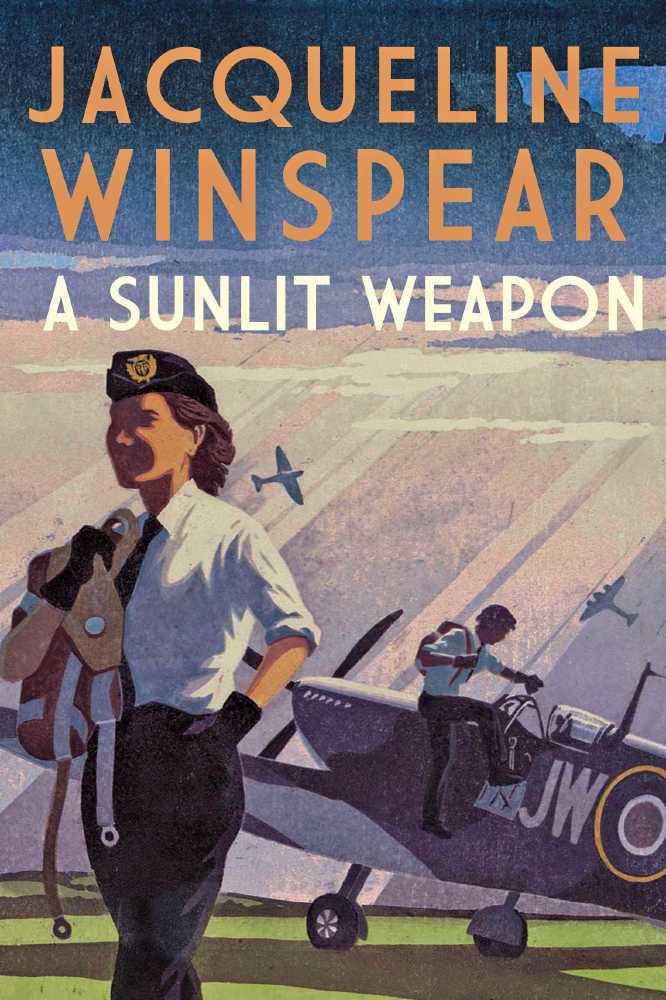During the past couple of years, a time when people have been separated from family and friends by repeated lockdowns, I became curious about the number of messages I received from readers along the lines of “I don’t know what I would have done without your books.” Or, “Your Maisie Dobbs series has been a godsend.” It fascinated me, after all, the backdrop to my series is one of the most tumultuous times in history and encompasses three wars. I was curious enough to ask a couple of other mystery writers if they’d had the same uptick in messages along those lines. The answer was a resounding “Yes!”

Jacqueline Winspear by Stephanie Mohan
Admittedly, only a percentage of mystery novels are “whodunnits” with a huge number of books within the literary form easily classified as “whydunnits” – stories that delve into the psychological underpinnings of something amiss. A mystery doesn’t have to be a murder or even a crime, though it suggests a secret and a mountain of distress can be caused by secrets. And there, I think is a key reason for the popularity of mystery fiction during troubling times – it is rooted in the archetypal journey through chaos to resolution, and in the midst of chaos – whether chaos is war, pandemic, environmental disaster, terrorism or an economic downturn – we need reassurance that this too shall pass. We want “proof” that the chaos will end, that there will be resolution, and that all will be well once again. The mystery – whether a whodunnit, a whydunnit, thriller, historical novel or other category within the storyteller’s arsenal – offers that resolution.
Two sub-categories have the capacity to bring additional solace during troubling times – the historical mystery and the mystery series. Let’s start with history. When readers come to the end of an historical mystery, they not only know that chaos has been tamed and all is well in the world once more, but the story has taken them through what is likely a memorable time in history – perhaps a time of war, of want or a one-time event, such as a natural disaster or act of terrorism. When they come to the end, they can look at their lives and their families, and see that people went through that chaos, yet they endured. Life goes on, even through the worst of times. The mystery confirms something about the indomitable human spirit, even if it is light-hearted story.
READ RELATED: Myrto Altinoglou- Net Worth, Age, Ethnicity, Husband, Height, Career
In the midst of a time when people have been separated from friends and family and from human interaction, the mystery series provides readers with community. Reading a series is akin to inviting family into your home time and again. With interacting characters who navigate their way together through those waves of chaos, the mystery series can be seen as a literary placebo for friendship, for companionship in a fractured world. It is as if friends have come to keep us company; to engage us, excite us, to take us out of ourselves – and like any good friends, to entertain us.

A SUNLIT WEAPON by Jacqueline Winspear publishes 22nd March 2022 in hardback from Allison & Busby
About A Sunlit Weapon
September, 1942. Jo Hardy, an Air Transport Auxiliary ferry pilot, is delivering a Spitfire when she has the unnerving experience of someone shooting at her aircraft. A few days later she hears that another ferry pilot has been killed when her aircraft crashed in the same area of Kent. Although the death has been attributed to ‘pilot error’, Jo is convinced there is a link between the two incidents. Jo takes her suspicions to Maisie Dobbs and while Maisie wants to find out why someone appears to want to take down much-needed pilots, she finds it is part of a much larger operation involving Eleanor Roosevelt, the American president’s First Lady. To protect Eleanor’s life – and possibly the safety of everyone in London – Maisie must quickly uncover the connection.
Inspired by Winspear’s lifelong fascination with flight and by the real-life visit of Eleanor Roosevelt to wartime Britain, A SUNLIT WEAPON, tackles themes common to all the Maisie Dobbs mysteries – discrimination, social class, the effects of war on society, and the changing role and status of women in history.
About Maisie Dobbs
Maisie is a criminal psychologist and investigator who readers first meet in post–World War I London. A nurse during the war, she returned to London to work with her mentor, the accomplished detective Dr Maurice Blanche. When Blanche retires, Dobbs opens her own detective agency

Source:






